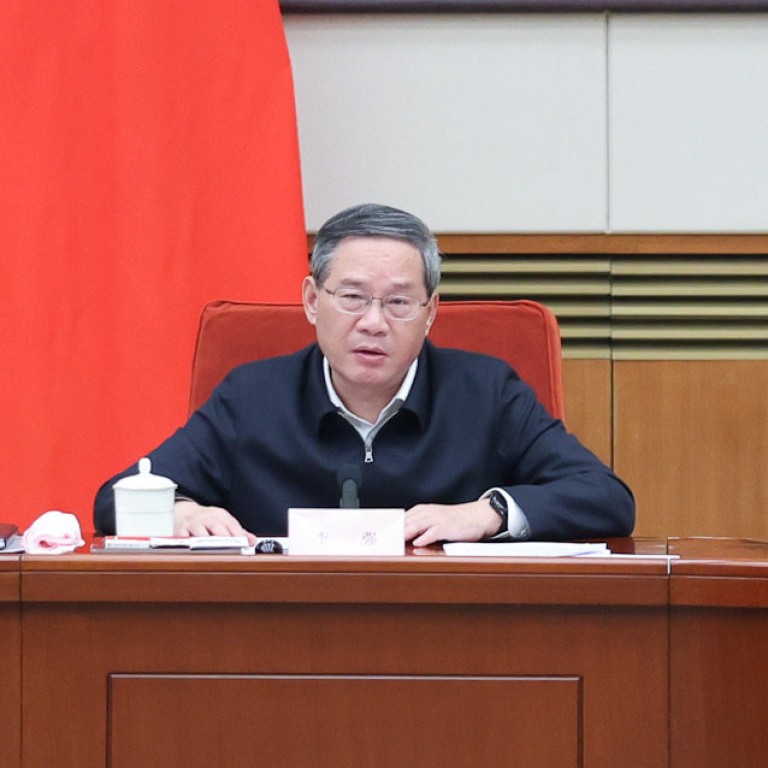
China vows to break down barriers to aid economic recovery, but call continues for stronger stimulus
- Premier Li Qiang held a study session with his cabinet on Monday, vowing to tackle barriers to forming a vast market
- Officials have discussed a wide range of economic issues at seven high-profile meetings this month ahead of the start of the ‘two sessions’ next week
China’s leadership has placed economic recovery as a higher priority on the work agenda for 2024, rallying all-around efforts to break down barriers in consumption, foster a better business environment and push for a unified market, while analysts have suggested even stronger stimulus.
Officials have discussed a wide range of economic issues at seven high-profile meetings this month, including the State Council and the Central Financial and Economics Affairs Commission, according to public records.
The latest push was heralded by Premier Li Qiang, who pledged on Monday to tackle barriers to forming a vast market at a study session with his cabinet.
“It involves smoothing domestic trade, establishing a more favourable business environment, and stimulating market vigour, all while bolstering our global competitiveness through technological innovation and industrial advancement,” he said.
Hints suggest private-sector confidence high on China’s 2024 agenda
China is widely expected to again set an “around 5 per cent” growth target during the “two sessions” annual parliamentary meetings, which will start next week.
China’s local protectionism is dragging both foreign and domestic investment
During Monday’s State Council meeting, Li said China needed to speed up removing trade barriers set up by local governments, which have long been issues for foreign companies.
Beijing also needs continued efforts to build a market that protects the intellectual property rights of companies with fair market entry barriers and competitive conditions, he added.
“China’s local protectionism is dragging both foreign and domestic investment. If Beijing still insists on its criteria for evaluating local government – purely GDP figures – protectionism will prevail under the competing pressure,” said Peng Peng, executive chairman of the Guangdong Society of Reform.
According to Peng, frequent meetings and trips by Li suggest that China continues to face immense pressures, including challenges to its supply chain from Washington’s decoupling, continued weak consumer spending and an exodus of foreign investment.
“China’s pull for investment has reached its limit, the market has yet to recover from the scars of the last three years of Beijing’s crackdown on the internet, off-campus education, real estate and strict pandemic policies,” Peng added.
“If Beijing can announce even stronger market stimulus policies in the upcoming two sessions, we may see a significant recovery in China’s economy in the second or third quarter.”

